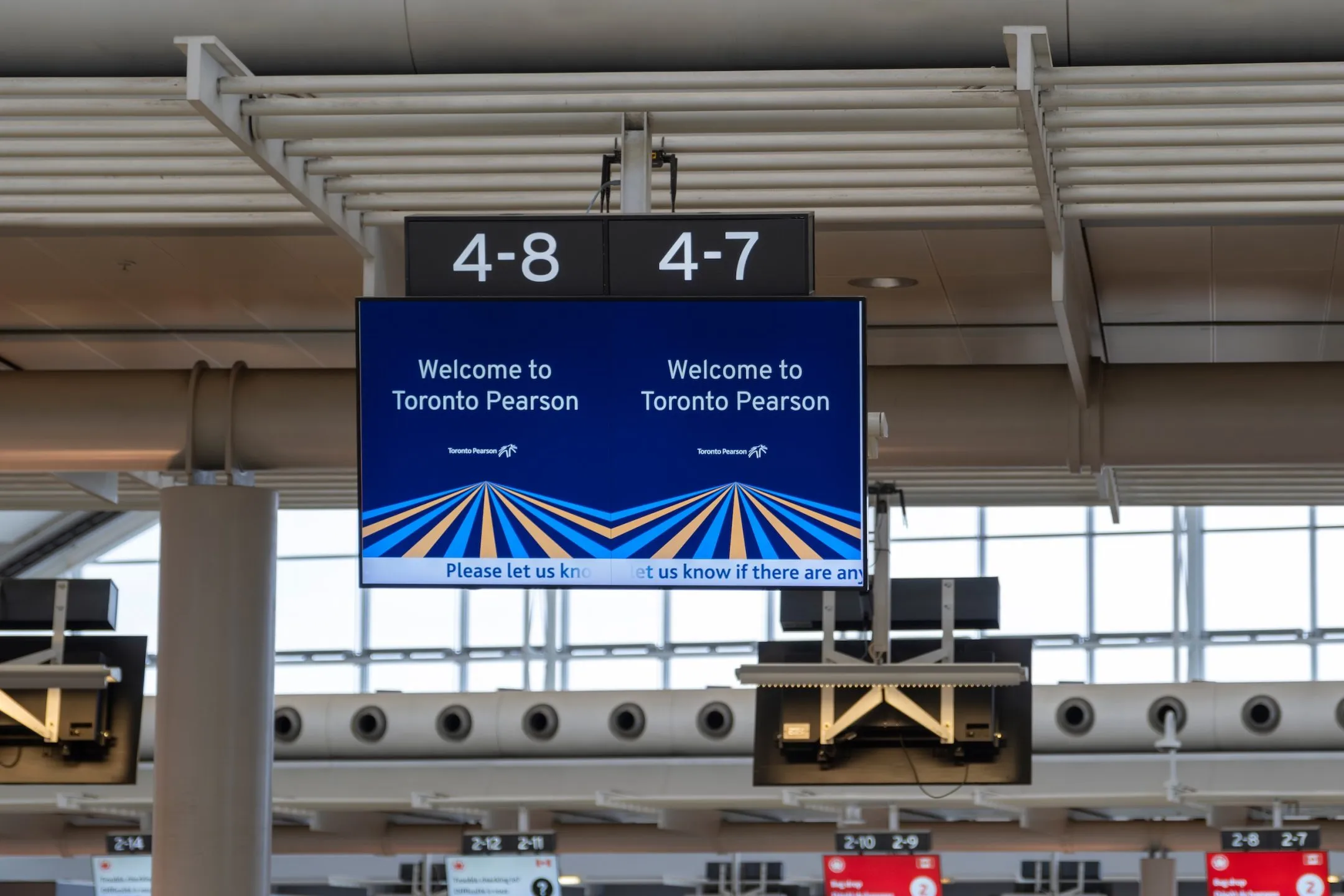The recent case of Chelsea Manning has brought light to Canada’s immigration laws as it relates to entry for those convicted of criminal offences.
Chelsea Manning is a former United States soldier. She was convicted for having violated the United States’ Espionage Act, specifically for releasing thousands of classified documents to WikiLeaks. These documents were secured during her time as an Intelligence Analyst with the United States Army. She was subsequently convicted and sentenced to 35 years in prison. She was recently released from prison after President Barack Obama commuted her sentence.
Ms. Manning subsequently attempted to enter Canada on September 22 at the United States-Quebec border but was denied entry for serious criminality.
Her case raised an important issue. Specifically, why are individuals denied entry to Canada and what does it mean when you are determined to be inadmissible to the country?
When a person requests to be allowed into Canada, there are two issues that immigration officers must determine:
(1) Permission for specific activities in Canada, i.e. as a visitor, worker, or student; and
(2) Permission to enter the country, also known as “admissibility”
With respect to the first item, immigration must determine what a person is allowed to do in Canada. Specific permission is required to work and study, with which organization(s), and where in Canada. Immigration also determines who is allowed to be in Canada as a visitor (meaning not a worker or student), what activities they are allowed to carry out as a visitor, and for how long.
Many people do not realize however that immigration must also determine whether an individual is eligible to enter the country. The determination, known as “admissibility”, relates to immigration’s power to deny an individual from entering Canada each time a person requests entry. This is decided on a case-by-case basis each time a person attempts to enter Canada. This means is that, if between visits to Canada, a person’s circumstances change, then so may the decision as to whether a person is allowed to enter the country.
There are various reasons why an individual can be denied entry to Canada. One important reason relates to criminal charges or convictions. Specifically, if a person has been charged and/or convicted of a crime outside of Canada, then this can form the basis of a denial. Depending on the nature of the charge and/or conviction, the person may be denied entry to Canada, and this denial can last for a significant period of time.
In the case of Chelsea Manning, she was denied entry to Canada on the basis of “serious criminality”. Specifically, the nature of Ms. Manning’s conviction was determined to be serious enough to justify a denial of entry to Canada.
What can you do if you are denied entry to Canada?
Although Ms. Manning was denied entry to Canada, she likely has a variety of avenues available to her to be reconsidered for permission to enter the country.
Specifically, a person who is denied entry for criminality can request a Temporary Resident Permit. This is a permit that allows individuals to enter the country despite their criminal conviction. It can be granted as part of or separate from a request to be deemed as Criminal Rehabilitated in accordance with the laws of Immigration, Refugees and Citizenship Canada.
A decision to deny one’s entry to Canada can also be appealed at the Immigration and Refugee Board, although this process can be lengthy. Finally, the Minister for Public Safety or Immigration, or the Prime Minister can overturn such a decision.
Ms. Manning’s circumstances are a reminder of the complexity of Canada’s immigration laws and the importance of having an awareness of the laws prior to attempting to enter the country.
Your Case: Our Priority.
At Sultan Lawyers PC, we are the only firm specializing exclusively in employment and immigration law. Whether your case is straightforward or complex, we have the experience and commitment to achieve the best possible outcome. Trust us to navigate the toughest challenges with you.


